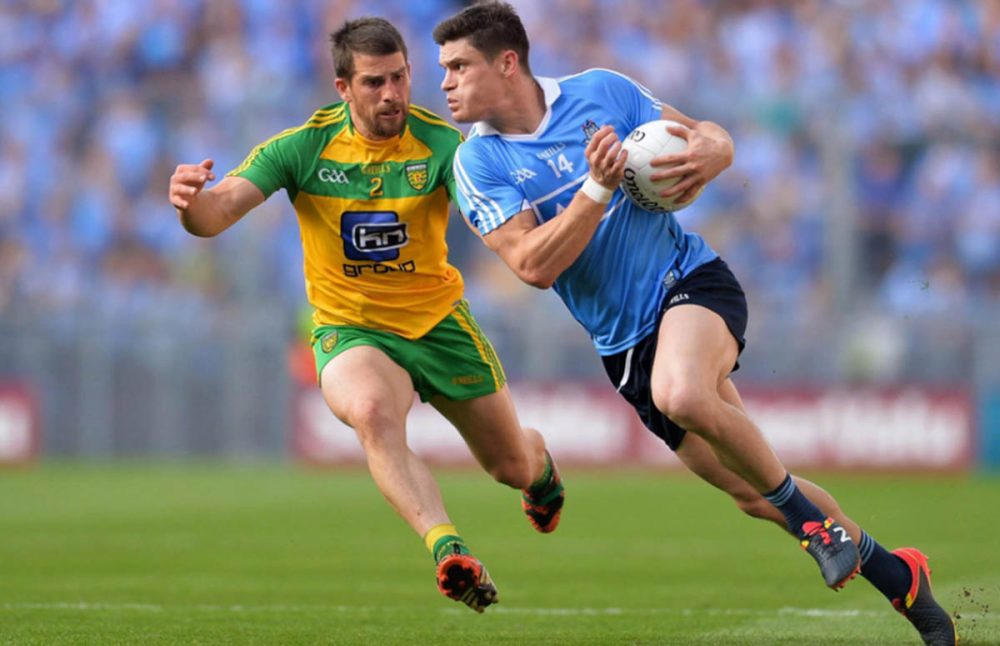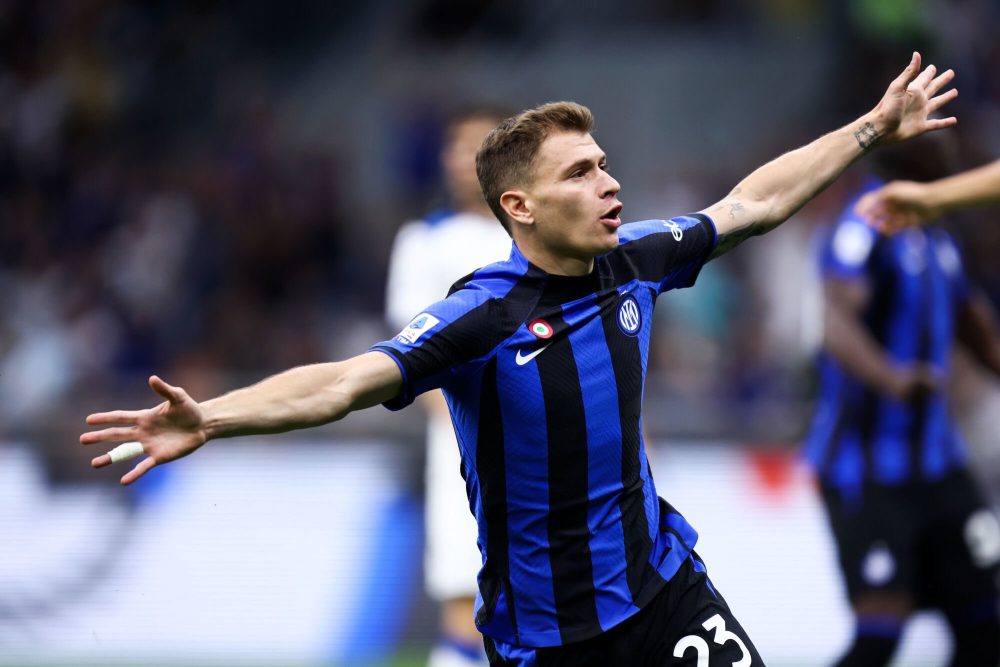Thierry Henry’s biography begins in the commune of Les Ulis near Paris, where he was born on August 17, 1977. Raised in a family of immigrants from the Antilles, he was brought up in strict discipline from an early age.
His father actively developed him physically and mentally, regularly taking him to training sessions, while his mother provided stability and control over the educational aspect. These conditions formed the basis on which not only a talented player but also a tactically mature forward later emerged.

First Steps and Entry into the Elite Level
His football career began in the youth system of “Clairefontaine,” from where he was invited to “Monaco.” There, the young forward made his debut in 1994 and soon became a regular player. His play on the flank was characterized by explosive speed, precise passes, and the ability to find open spaces.
By 1998, Henry became a world champion with the French national team, solidifying his importance in the national coordinate system. At that point, Thierry Henry’s biography already included a bright performance at the global level and interest from the top clubs in Europe.
Unsuccessful Chapter in Turin
After moving to “Juventus” in 1999, the player’s career was in jeopardy. He was assigned the role of a left winger in a defensive scheme, which nullified his attacking qualities. His effectiveness decreased, and the adaptation was unsuccessful.
However, this experience became pivotal. Disappointment in Italy laid the foundation for further growth—Thierry Henry’s biography received an impulse for transformation.
Peak Performance at “Arsenal” and Cult Status
The turning point came with his transfer to “Arsenal,” where the brightest chapter began. Under the guidance of Arsène Wenger, Henry was moved to the center of the attack—and from that moment on, he began to rewrite the club’s history. He became the club’s all-time leading scorer, won two English Premier League titles and two FA Cups, played over 250 matches, and scored over 170 goals.
Thierry Henry at “Arsenal” symbolized not only efficiency but also aesthetics. His goals with a curl into the far corner, lightning-fast sprints, and ball control became the hallmark of the London team.
Unique Qualities and Playing Principles in Thierry Henry’s Biography
Throughout his career, the player adhered to a set of playing and mental principles that ensured his stability and recognition at various levels. Among them:
- high first-touch technique and anticipation;
- ability to accelerate without losing control of the ball;
- unconventional solutions in key moments;
- precise finishing in one-on-one situations;
- team play—regular passes and assists;
- composure under pressure and ability to dictate the attacking rhythm.
These qualities not only secured titles but also shaped Thierry Henry’s biography as a model for the new generation of forwards.
Trophies and Victories: Key Milestones
Among Henry’s most important achievements are both team and individual awards. He became:
- a world champion in 1998 and European champion in 2000 with the French national team;
- the Premier League’s top scorer for four consecutive seasons;
- a participant in the 2006 Champions League final;
- “Arsenal’s” record goal scorer;
- a Spanish champion, UEFA Champions League and Copa del Rey winner with “Barcelona”;
- a recipient of the European Golden Shoe;
- inducted into the Premier League Hall of Fame and symbolic teams of the decades.
Each of these achievements complemented Thierry Henry’s biography, solidifying his legendary status on the international stage.
Spanish Period: Thierry Henry at “Barcelona”
His move to Catalonia in 2007 was a new challenge. He found himself in a team built by Pep Guardiola. Despite numerous stars, the player adapted and contributed to the 2008/09 season when “Barcelona” achieved the treble.
His work on the left flank was not only productive but also mature. Thierry Henry at “Barcelona” showcased a different level of play—slower but deeper with greater team involvement.
Contribution to the French National Team and International Status
Wearing the French national team jersey, he played over 120 matches and scored 51 goals. Besides titles, he went through periods of tough decisions and criticism. The episode with the handball in a match against Ireland, sparking massive controversies, was particularly memorable.
Despite this, his influence on the national team remained significant—from the Euros to World Cups. Thierry Henry’s biography in the context of international football includes not only victories but also moments of pressure, from which he always emerged with dignity.
Career Conclusion in the USA
After leaving Europe, he continued his career at the “New York Red Bulls.” On American fields, he became an MLS icon, promoting football as a popular discipline in the USA. His precise strikes, goal assists, and leadership made him a European-level ambassador in North American football.
Transition to Media, Coaching, and Social Projects
After retiring from playing, he ventured into television as an analyst. His commentary, reviews, and expert opinions during major tournaments highlighted his football knowledge.
Later, Thierry Henry’s coaching career began: he worked with the Belgian national team staff and also managed “Monaco” and “Montreal Impact.” His style was characterized by attention to detail, emphasis on players’ intelligence, and support for young talents.
Personality Off the Field: Family, Values, Principles
The footballer always paid attention to his family, maintained a reserved demeanor, rarely provoked the press, and avoided conflicts. His personal life remained private, enhancing his image.
He fights against racism in sports, supports charitable initiatives, and participates in campaigns against discrimination. Such off-field activity has also become part of Thierry Henry’s biography as an integral aspect of his holistic image.
Exemplar of Leadership and Influence
Henry became a leader not only in goals but also in thought structure. He viewed the game as a mechanism where not only actions matter but also their timing. He inspired the young, changed the perception of the forward’s role, and became a role model for generations. The unique combination of intellect and speed allowed him to be effective and elegant simultaneously.

Conclusion
Thierry Henry’s biography is a journey from French suburbs to football peaks, from failures in Italy to glory in England and Spain. He became not just a legend of “Arsenal” and the French national team but also a symbol of style, thinking, and responsibility.
In every match, every team, and every league where he played, he left an intellectual mark—a mark of a footballer who thought faster than the ball!
 en
en  de
de  ar
ar  es
es  nl
nl  hi
hi  fr
fr  it
it  pt
pt  el
el 









